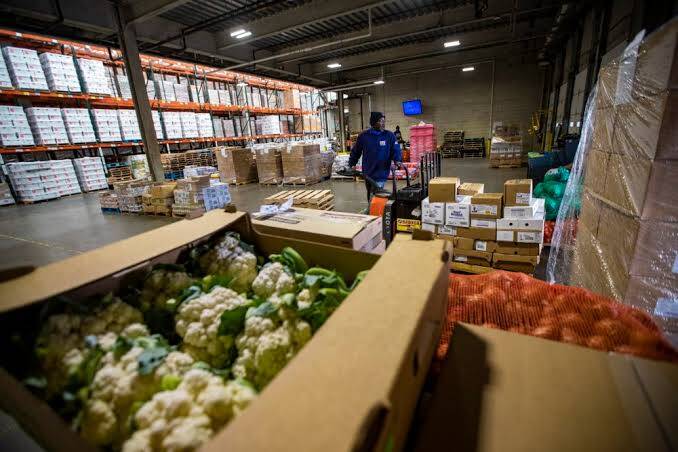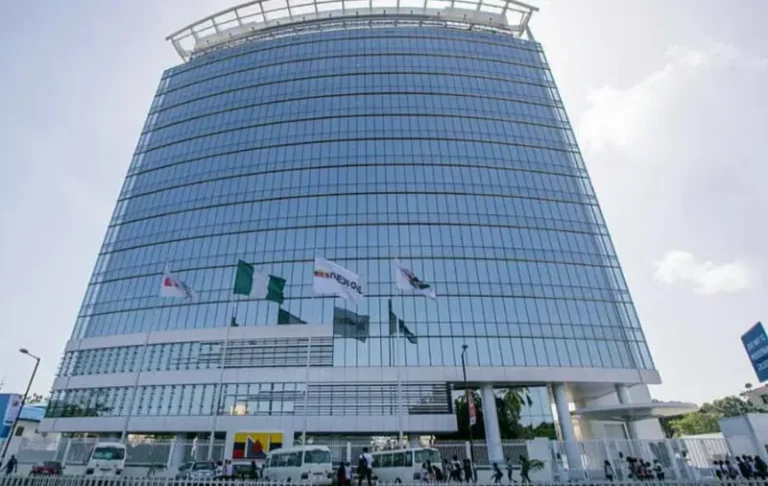
The US and its allies are grappling with how to avert a global food crisis following Moscow’s withdrawal from the Black Sea grain deal and its subsequent attacks on Ukraine’s ports and storage facilities.
To keep Ukraine’s massive farming industry afloat, and with the harvest only a few months away, US and Western officials are looking for any options to increase storage capacity, and whether any more grain, wheat or barley can be driven or railed out of Ukraine.
Over the past several days, a number of urgent meetings have been convened by organizations including the United Nations, NATO, and the European Commission. There have been new pledges of support for Ukraine’s agricultural industry, including a new $250 million commitment from the US Agency for International Development.
But officials acknowledge that none of those solutions will be able to replace the millions of tons of food Ukraine was able to export from its deep water ports.
Since leaving the grain deal on July 17, Russia has unleashed a flurry of attacks on grain supplies in key Ukrainian cities, including the port city of Odesa, wiping out 60,000 tons of grain, enough to feed 270,000 people for a year, British Ambassador to the UN Barbara Woodward said last Friday.
Moscow’s attack last week on Ukraine’s Chornomorsk port, which “facilitates nearly 70 percent of Ukrainian wheat exports to developing countries, caused damage that experts say will take at least a year to repair,” UN Ambassador to the United Nations Linda-Thomas Greenfield said Wednesday.
To see Russian forces targeting…Danube river ports and grain silos, it’s just chilling in the extreme,” said USAID Administrator Samantha Power, who briefed reporters Tuesday after returning from Ukraine.
In an interview with CNN’s Erin Burnett Wednesday, Power said she is “really worried” about a global food crisis, noting that as of mid-day Wednesday, wheat prices were up 10% since Russia abandoned the agreement.
The grain deal, brokered by Turkey and the United Nations, lasted about a year and allowed billions of dollars worth of grain and wheat to safely transit out of war-torn Ukraine via the Black Sea. Now, Russia’s defense ministry has warned that ships sailing to Ukraine’s Black Sea ports will be viewed as military targets.
Ukraine accounts for large portions of the world’s food supply, including 10% of the world wheat market, 15% of the corn market, and 13% of the barley market, according to the European Commission. Two thirds of the wheat that left Ukraine via the Black Sea ports went to developing countries, said Power.
Speaking separately in an interview with CNN’s Erin Burnett Wednesday, Power said she is “really worried” about a global food crisis, noting that as of midday Wednesday, wheat prices were up 10% since Russia abandoned the agreement.
“Russia, by weaponizing food, is doing something truly unconscionable,” US Secretary of State Antony Blinken said last week at the Aspen Security Forum.
CNN






